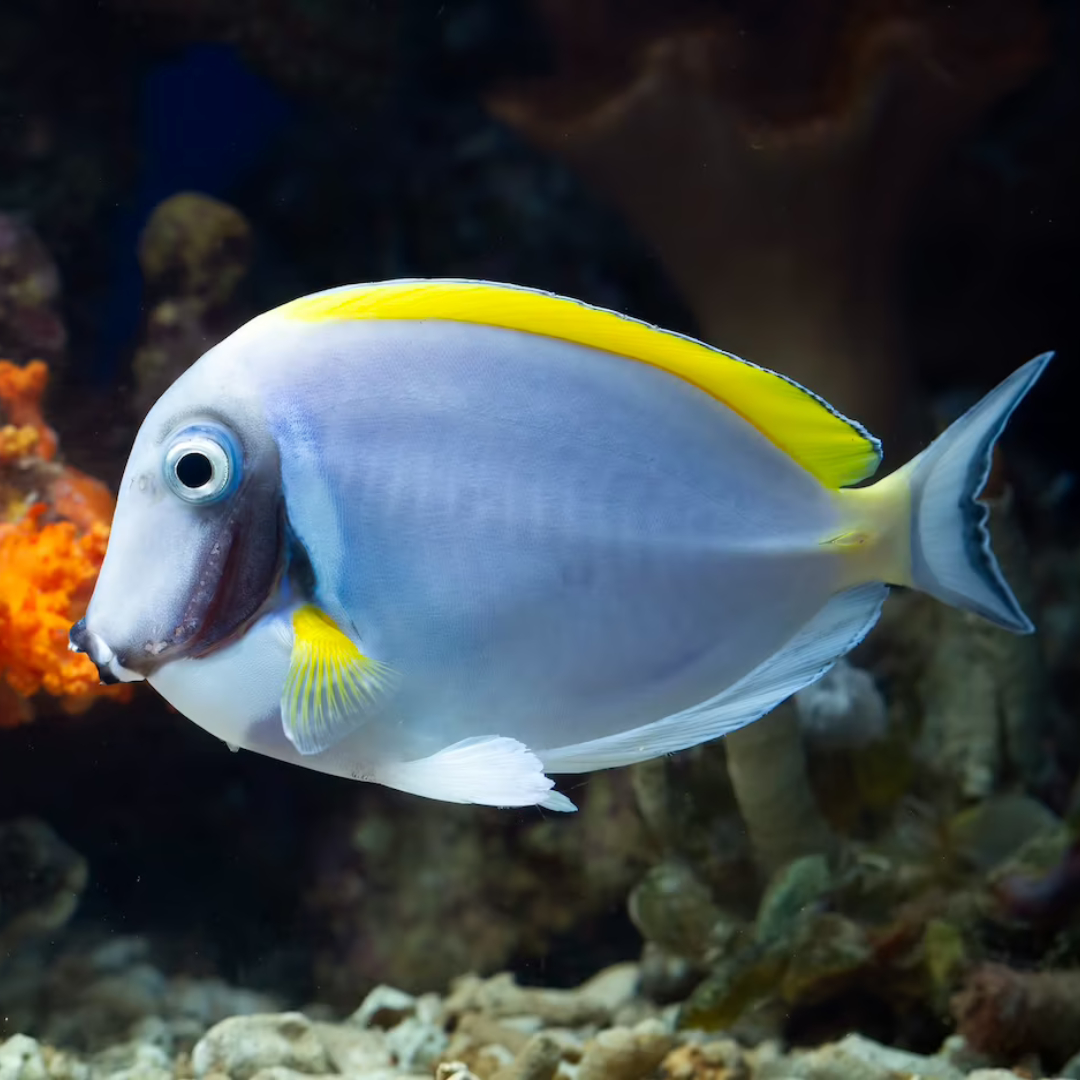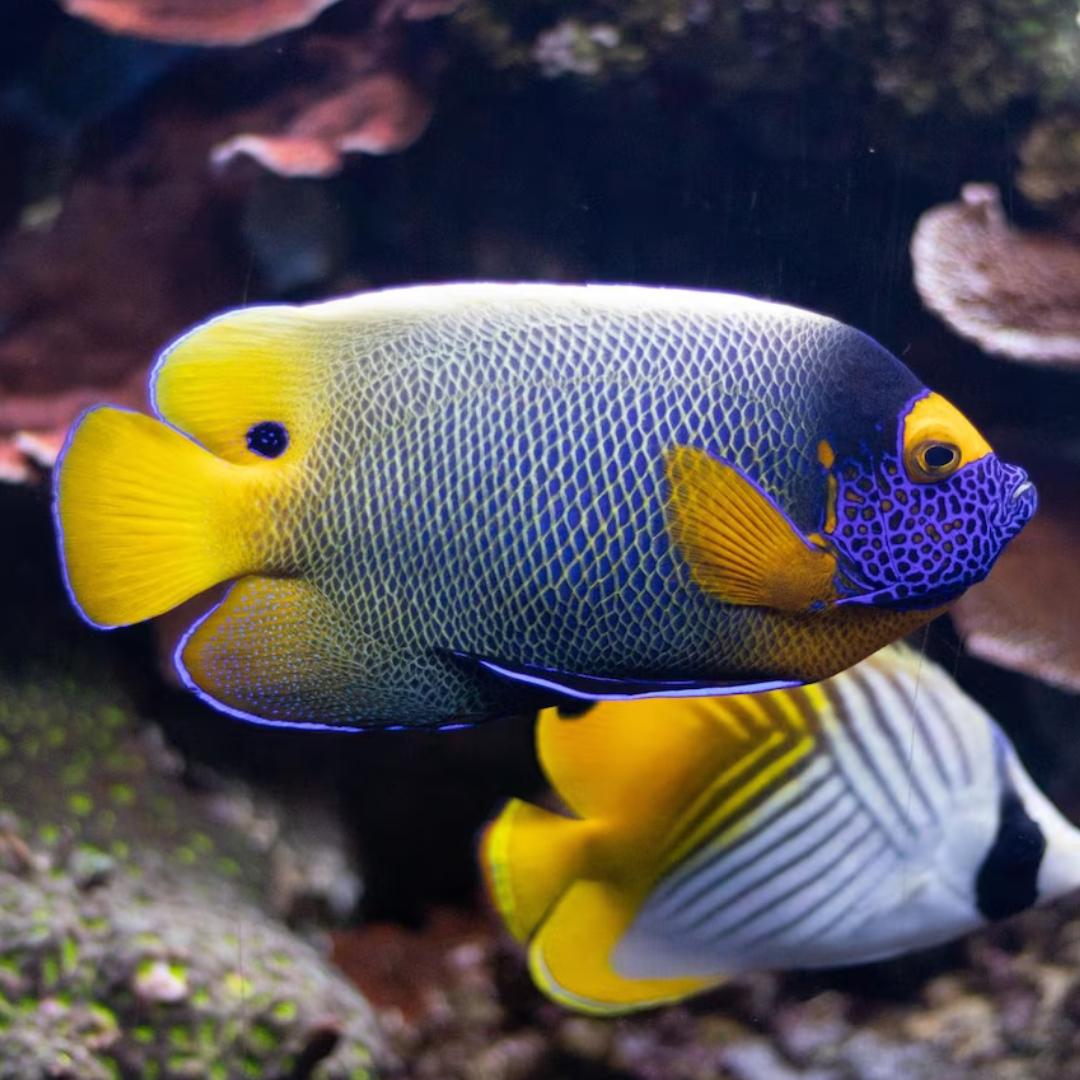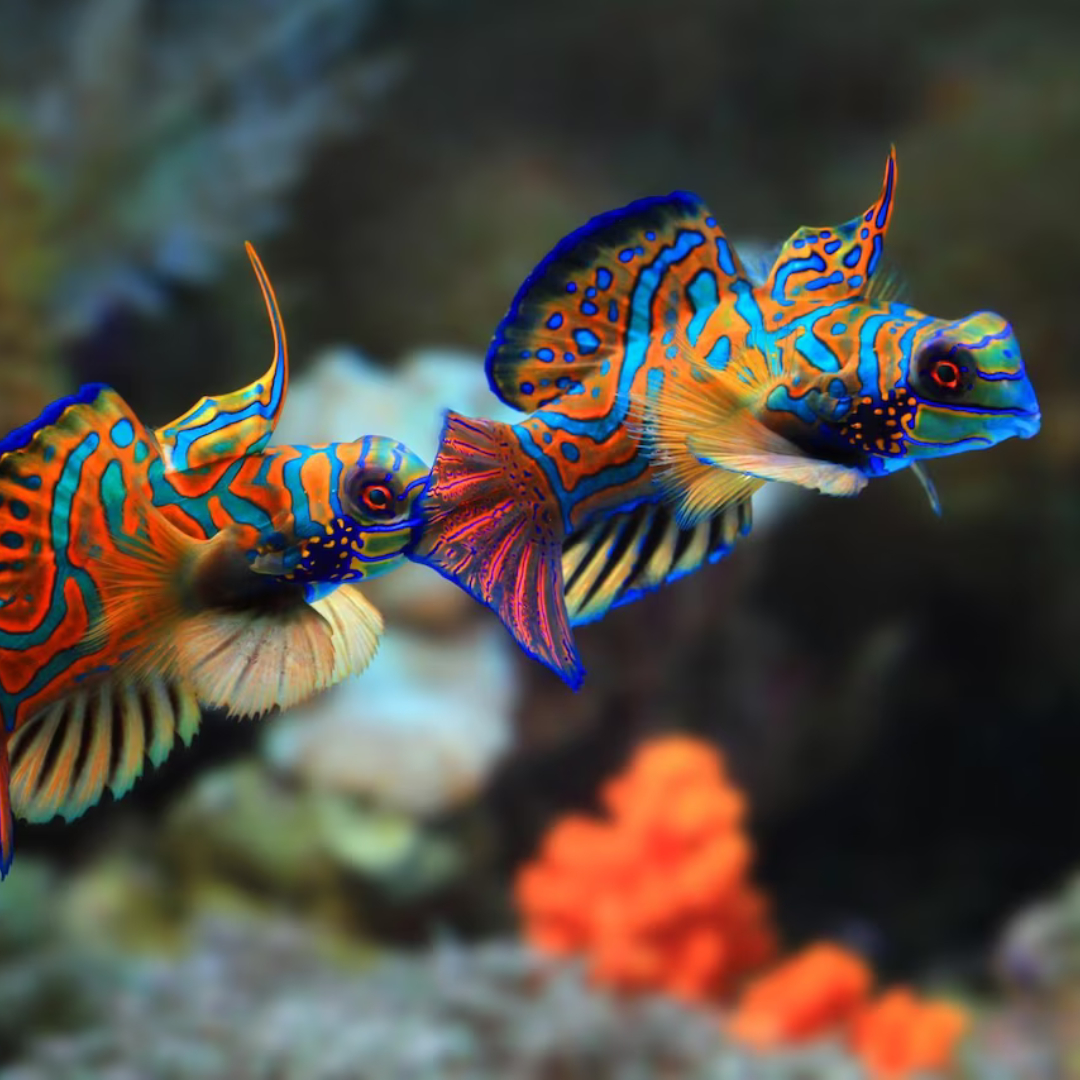Importing Marine Fish and Coral to the UK: Balancing Conservation and Demand
The United Kingdom's love for marine ecosystems and the mesmerizing beauty of marine fish and coral has led to a growing demand for these species. Due to the limited presence of native marine fish and coral, the UK relies heavily on importing them to meet the needs of aquarium enthusiasts, public aquariums, and marine conservation initiatives. Importing marine fish and coral presents a delicate balance between satisfying consumer demand and ensuring the conservation of fragile marine ecosystems. This article explores the process of importing marine fish and coral to the UK, examining the economic, environmental, and conservation aspects associated with this practice.
Importing marine fish and coral has significant economic implications for the UK.
The Marine Aquarium Industry
- The marine aquarium industry relies on the availability of diverse and exotic fish species and vibrant coral specimens to cater to the demands of hobbyists and aquarium enthusiasts. The import trade supports local businesses, including aquarium suppliers, pet stores, and online retailers, contributing to economic growth and employment opportunities within the industry.
Moreover, public aquariums play a crucial role in educating the public about marine ecosystems and conservation. Importing a variety of marine fish and coral allows these institutions to create immersive displays, raise awareness about the importance of marine biodiversity, and support research and conservation initiatives. These attractions generate revenue, promote tourism, and contribute to the overall economy.
- Import Live Fish
- Import Live Fish
- Import Live Fish
Another consideration is the potential introduction of invasive species and diseases. Imported marine fish and coral must undergo strict biosecurity measures and health inspections to prevent the introduction of harmful pathogens, parasites, and non-native species. Implementing robust quarantine procedures and promoting responsible trade practices help protect native marine ecosystems from potential threats.
To minimize environmental impact, the development and promotion of sustainable aquaculture practices are crucial. Captive breeding of marine fish and coral reduces the reliance on wild-caught specimens, preserves genetic diversity, and minimizes pressure on fragile marine habitats. Supporting initiatives that focus on captive breeding and sustainable aquaculture can help ensure a sustainable supply of marine fish and coral for the UK market.
onservation plays a pivotal role in the importation of marine fish and coral. The import regulations should prioritize the protection of vulnerable, endangered, and threatened species. Collaborating with international organizations, such as CITES (Convention on International Trade in Endangered Species of Wild Fauna and Flora), helps identify and regulate the trade of protected species. Importers should support ethical suppliers who engage in sustainable collection practices and contribute to conservation efforts.
Furthermore, public awareness and education are essential in marine conservation. Importers, retailers, and hobbyists have a responsibility to educate the public about the importance of sustainable trade, responsible fishkeeping practices, and the conservation of marine biodiversity. Encouraging ethical consumer choices, such as purchasing captive-bred specimens and avoiding species listed as endangered, promotes conservation values and supports efforts to protect marine ecosystems.
The importation of marine fish and coral to the UK satisfies the demand
for exotic marine species while supporting the economic growth of the
aquarium industry and public aquariums. However, it is crucial to
prioritize environmental sustainability and conservation. Responsible
sourcing, sustainable aquaculture practices, and adherence to strict
biosecurity measures are vital to minimize the impact on wild
populations and protect fragile marine ecosystems. By striking a balance
between meeting consumer demand and conserving marine biodiversity, the
UK can continue to enjoy the beauty of marine fish and coral while
preserving these precious resources for future generations.
DOCUMENT REQUIREMENTS
- Certificate of Origin
- Bill of Lading
- Packing List
- Commercial Invoice
- Customs Clearance






